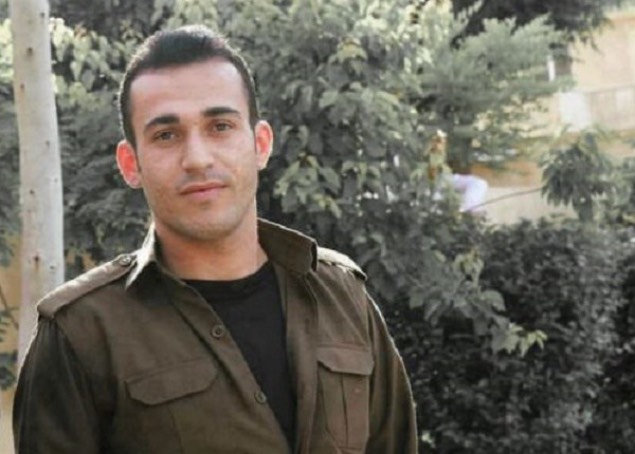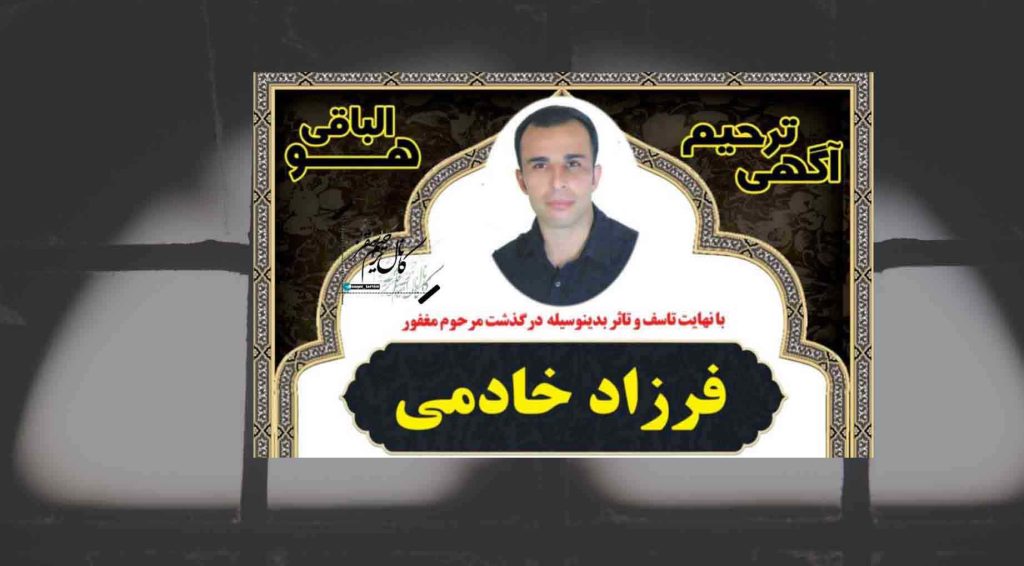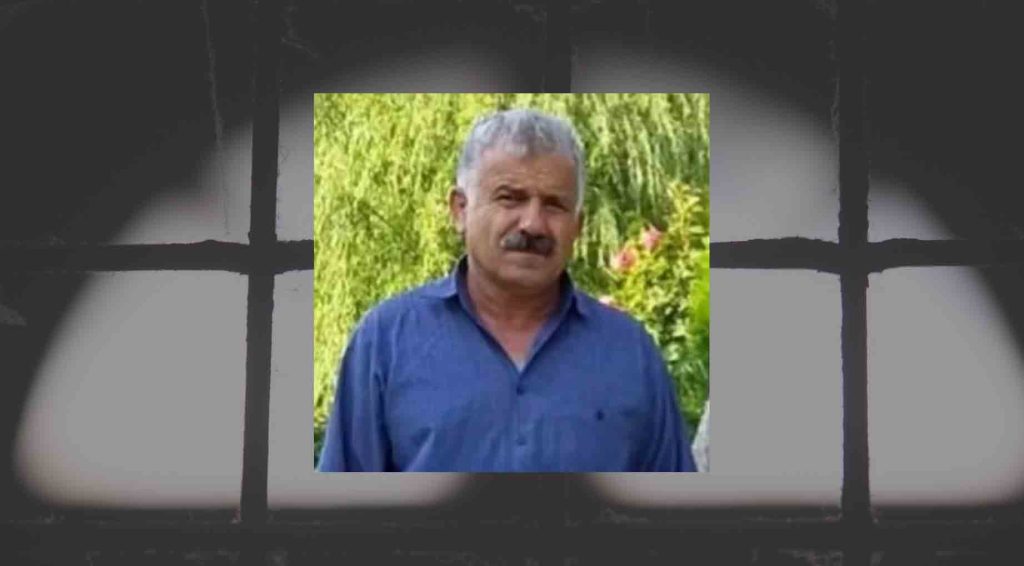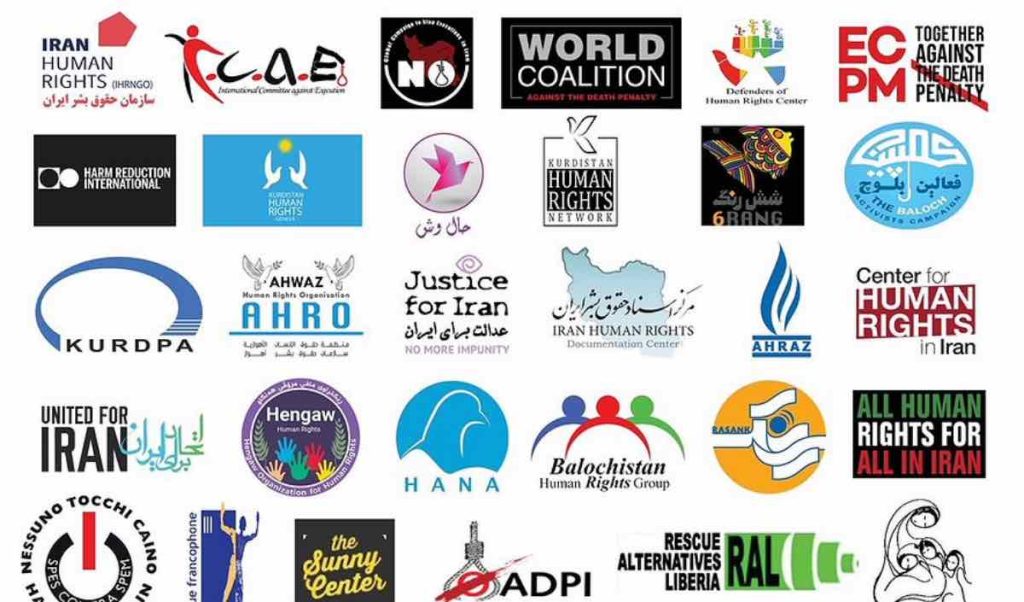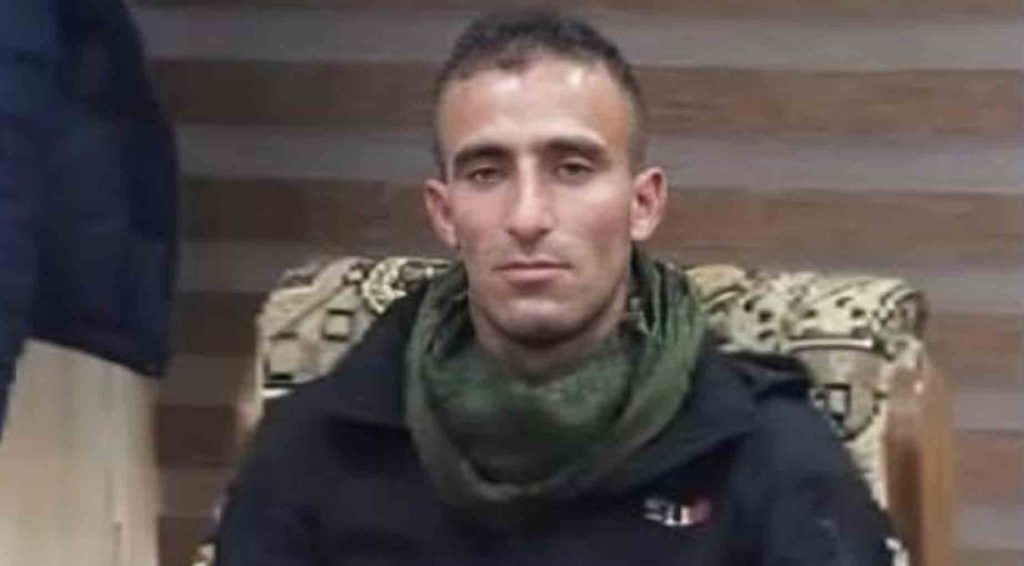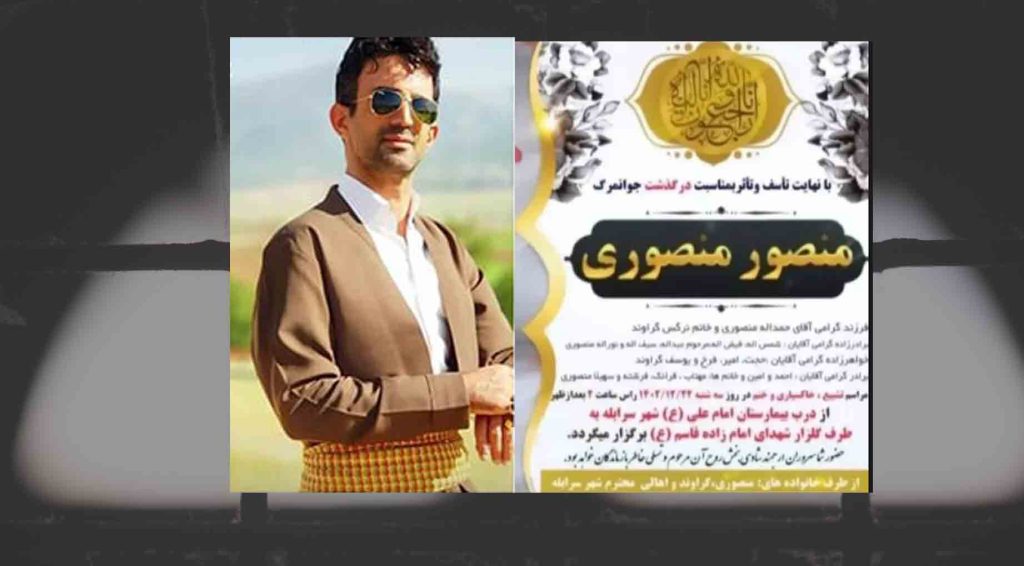Following the release of details about Kurdish death row cases by Sanandaj Judiciary, Hossein Ahmadi Niaz (Hossein Panahi’s lawyer) announced that his client had been tortured during the interrogation in addition to being subjected to unfair trial.
According to the news by Kurdistan Human Rights Network (KHRN), the statement is as follows:
Following the disclosure of details about the case against Ramin Hossein Panahi by the Kurdistan Judiciary on May 3, 2018, I would like to clarify a few points.
1. According to medical documents and the clear statements of Kurdistan Provincial Court, three relatives of Ramin were killed during an armed attack by the Islamic Revolutionary Guard Corps (IRGC) while Ramin was injured and arrested despite being unconscious. He was taken to Be’sat Hospital in Sanandaj. Unfortunately, he was transferred to solitary confinement immediately after undergoing an operation although he should have remained under medical supervision in the same hospital until complete recovery.
2. Ramin Hossein Panahi was interrogated immediately while he was in critical health condition.
3. After being held for 180 days in the IRGC Detention Centre, he was transferred to the Sanandaj Intelligent Bureau Detention Centre at the Judiciary order.
4.Before the date of the hearing, an attorney was appointed by the court to defend him but his attorney was not present during the interrogation sessions at the IRGC or Intelligence Detention Centres due to not being informed of the interrogation sessions. Therefore, Ramin’s confessions were made in the absence of his attorney despite the provisions of Articles 5 and 6 of the Criminal Procedure Law.
5. On Jan 15, 2018, the first court hearing of Ramin was held at the Islamic Revolutionary Court (Branch 1) in Sanandaj. I, appointed by Ramin as his attorney, attended this non-public hearing during which Ramin explained that he had been tortured and referred to the signs of torture in his body even after several months in the presence of the judges and I as his attorney. In order to prove his claim, he asked permission to show the signs of torture to the judges. I immediately made a clear statement on the minutes of the trial and demanded this matter to be addressed before dealing with the charges against Ramin. However, the court did not take any notice of my request.
6. I explicitly invited the court (and even wrote in the hearing minutes) to note that, according to Article 38 of the Constitution of Iran, “Any kind of torture used to extract an admission of guilt or to obtain confession is forbidden. Torturing people to give evidence, or confess or take an oath is not allowed. Such evidence or confession or oath is void. Any person infringing this principle is to be punished in accordance with the law”.
7. Torture is the act of deliberately inflicting physical and/or psychological pain in order to fulfil some desire of the torturer or compel some action from the victim. Torture, by definition, is a knowing and intentional act; deeds which unknowingly or negligently inflict pain without a specific intent to do so are not typically considered torture. Denial of Freedom of expression can be called torture and it is essentially torture in order to persuade the accused to express what the torturer wants
8. Ramin Hossein Panahi had spent 200 days in solitary confinement before being transferred to the general ward of the Sanandaj General Prison and, in addition to being subjected to the physical torture at the Sanandaj Intelligence Detention Centre, he was kept in the solitary confinement despite being severely ill.
9. Under article 1 of the United Nations Convention against Torture (1984), Torture is defined as follows:
Article 1
1. For the purposes of this Convention, the term “torture” means any act by which severe pain or suffering, whether physical or mental, is intentionally inflicted on a person for such purposes as obtaining from him or a third person information or a confession, punishing him for an act he or a third person has committed or is suspected of having committed, or intimidating or coercing him or a third person, or for any reason based on discrimination of any kind, when such pain or suffering is inflicted by or at the instigation of or with the consent or acquiescence of a public official or other person acting in an official capacity. It does not include pain or suffering arising only from, inherent in or incidental to lawful sanctions.
2. This article is without prejudice to any international instrument or national legislation which does or may contain provisions of wider application.
10. As the attorney of Mr Hossein Panahi, I called for urgent consideration of this matter in his appeal to the Supreme Court. However, this matter was not taken into consideration.
11. According to the verdict issued by the Islamic Revolutionary Court of Sanandaj (Branch 1) served on me on Jan 25, my client has been sentenced to death by hanging per Articles 279 and 288 of the Islamic Penal Code.
12. I filed a motion for a judicial review within the deadline of this ruling. On March 10, 2018, the case was referred to branch no. 39 of the Supreme Court located at Qom. I and Ramin’s older brother have referred to the branch a number of times and demanded a thorough investigation and revocation of the sentence and filed the letters from the members of the parliamentary legislature, lawyers and civil society activists in support of Ramin’s innocence. During a very quick procedure which took just one month and without holding a hearing, the verdict was verbally served to me and my client’s brother on Wednesday, April 11 at Branch 39 of the Supreme Court based in Qom.
13. The procedure for dealing with a normal imprisonment case in the Supreme Court lasts takes months and sometimes even more than a year. Therefore, such acceleration of the immediate review of the first sentence of the Revolutionary Court cannot be in accordance with a just and fair hearing particularly as the defendant is sentenced to death which requires a thorough examination of the case.
14. I have repeatedly objected to the process of proceedings in accordance with Article 34 of the Iran Constitution law, and explained that I did not consider it to be “just and fair” by providing legal documentation.
15. According to Article 287 of the Islamic Penal Code, a charge of blasphemy Baqŷ (Rebellion) refers to protesting against the function of government or Supreme leader. The claimants against Ramin Hossein Panahi are IRGC and the Intelligent Office, both of which are affiliated with the government. The Islamic Revolutionary Prosecutor’s Office and the Islamic Revolutionary Courts are also ruled by the government and are required by law to defend the government of Iran. A fair trial should be independent while all the above-mentioned bodies are affiliated with the government and they could not be impartial.
16. According to the contents of Ramin’s dossier and his own statements, Ramin Hussein Panahi returned to the region merely for visiting his parents and he never intended to assassinate anyone. The assassination claim is false, and there is no evidence for this claim since Ramin did not even hold any weapons when he and his companions were shot.
17. The Penalty for membership in the Komala Party and promoting its values is not death penalty per the Regulations of Islamic Republic of Iran. The penalty for such charge is only imprisonment and not execution.
18. The punishment for Ramin Hossein Panahi is not in accordance with the principle of proportionality of punishment, in which justice is violated.
19. My client was never armed. When he and his companions entered into the country, they were being watched by the IRGC forces who later shot and arrested them. According to the statement by the Kurdistan Judiciary, Ramin’s relatives immediately lost their life and Ramin, seated in the back of the vehicle (Pride), was immediately wounded and became unconscious. Nobody can engage in an armed conflict while unconscious! Per the official statement of the IRGC and its news, none of the IRGC officials were injured in this incident, which shows that the IRGC agents had been prepared for an armed conflict. Secondly, Ramin neither held a gun nor shot anybody. He was not involved in the armed dispute.
20. My young client is completely innocent and the people of Kurdistan and Iran know that killing an innocent person is like killing the whole nation. The government should practice tolerance and patience instead of attempting to eliminate problems by killing innocent people.
Hossein Ahmadi Niyaz (Ramin Hossein Panahi’s lawyer)

